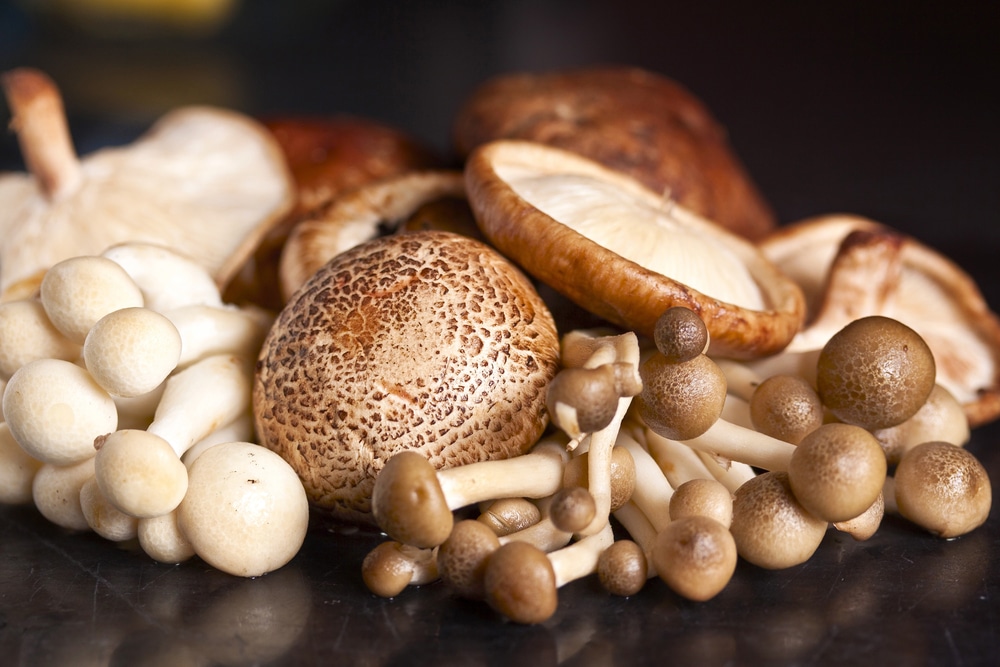Diet for hypothyroidism
R. Kalpana
November 21, 2022
R. Kalpana
November 21, 2022
If you’ve been diagnosed with hypothyroidism, or an underactive thyroid, symptoms include fatigue, depression, constipation and weight gain. But along with medication, you can boost thyroid function with a well-balanced diet.
Thyroid hormones also play a major role in producing energy from the food that we eat. The gland needs certain vitamins and minerals to function effectively. These nutrients include selenium, Vitamin E, iodine, zinc and copper.
An early symptom of hypothyroidism is weight gain. Low-calorie, high-density fresh foods are important to keep that in check. Include either fresh fruits or veggies at each meal, if possible. While non-vegetarians get it through protein sources, for vegetarians rich sources of zinc include kidney beans, peas, watermelon seeds and dry dates.
Here are five nutrient rich options:
Home-made paneer, prepared with skim milk, is rich in nutrients like zinc which boost thyroid function.
Both the white and yolk are a rich source of minerals like zinc, copper, selenium and vitamin E. It is also packed with protein.

Saltwater fish (tuna) and shellfish boost the thyroid function as they are rich in Omega-3, selenium and most importantly, iodine, an important component of the thyroid hormone.
Mushrooms are rich in zinc, selenium and copper.

Constipation is a common symptom of hypothyroidism. Whole-grain foods such as cereal, bread, pasta and rice are high in nutrients in addition to fiber, which can help with bowel regularity. Grains and pulses, rich in zinc, are best when soaked several hours before cooking.
